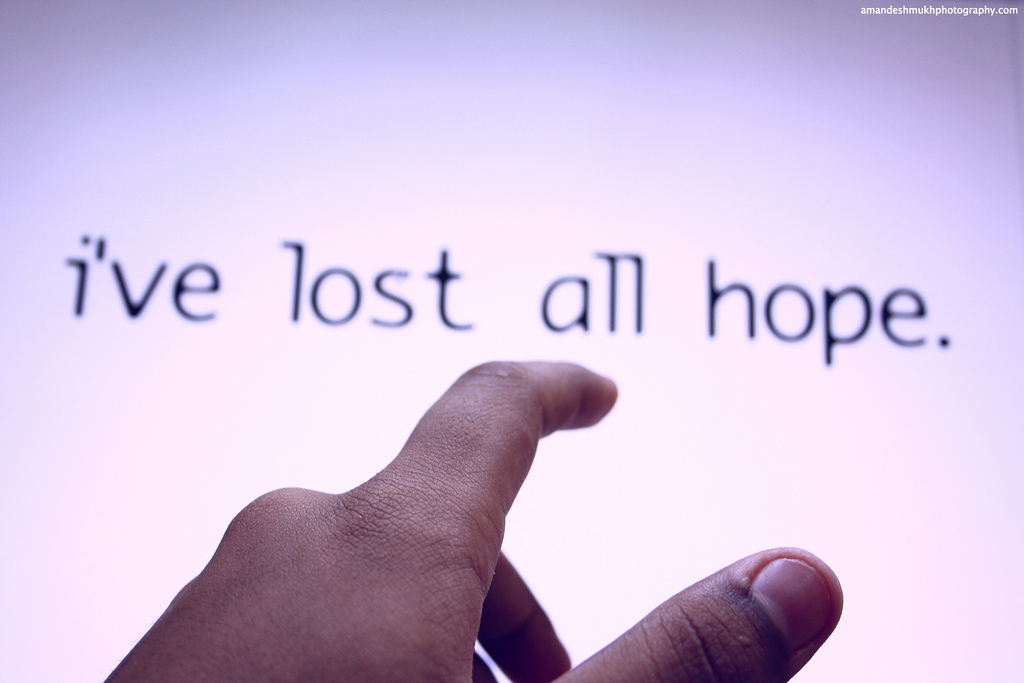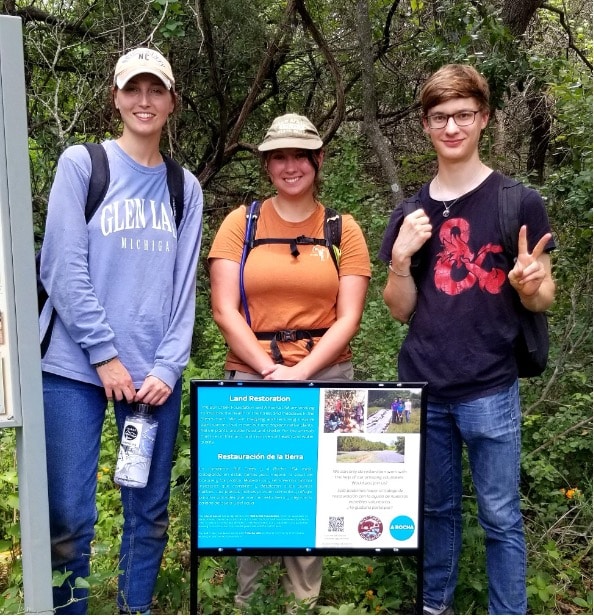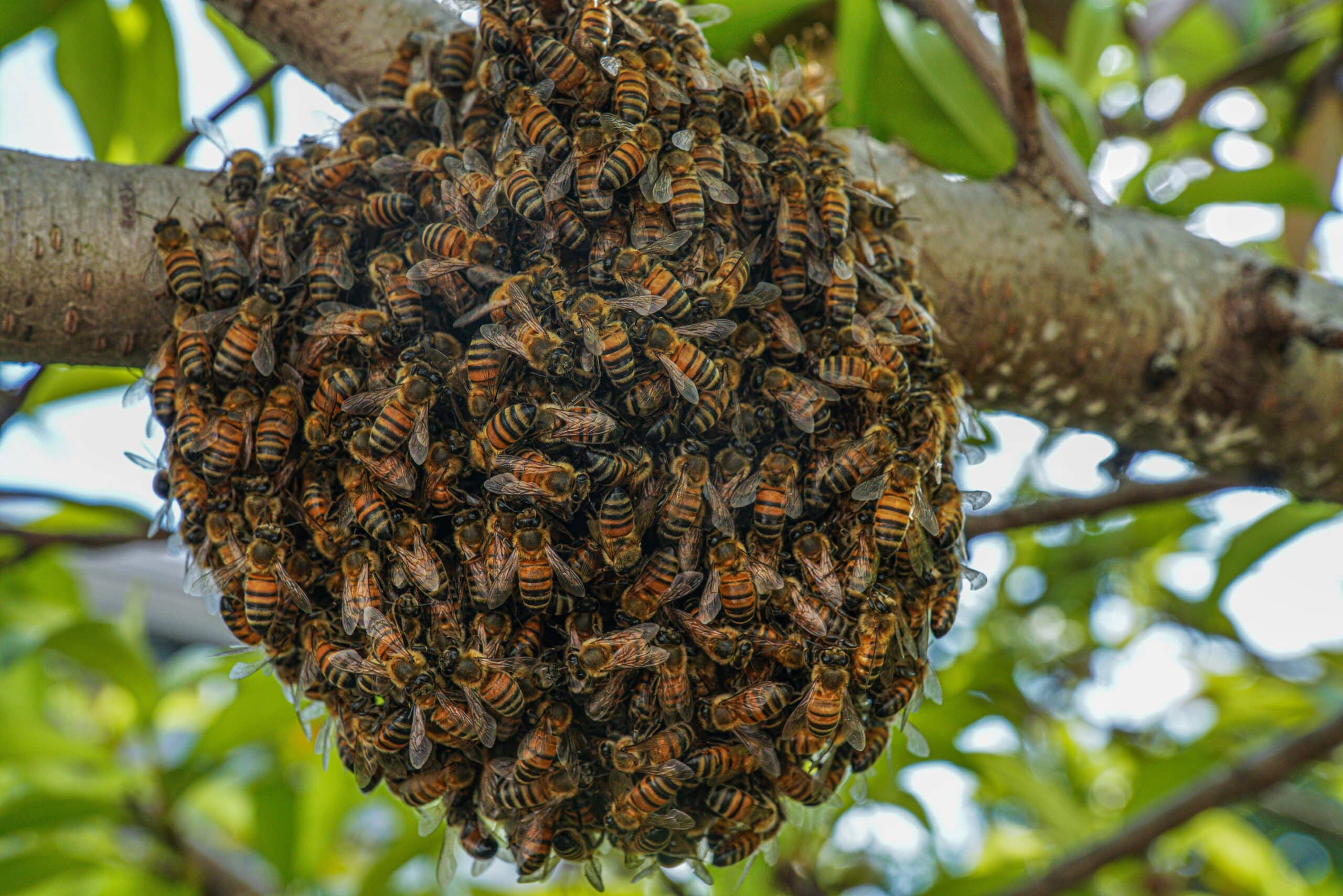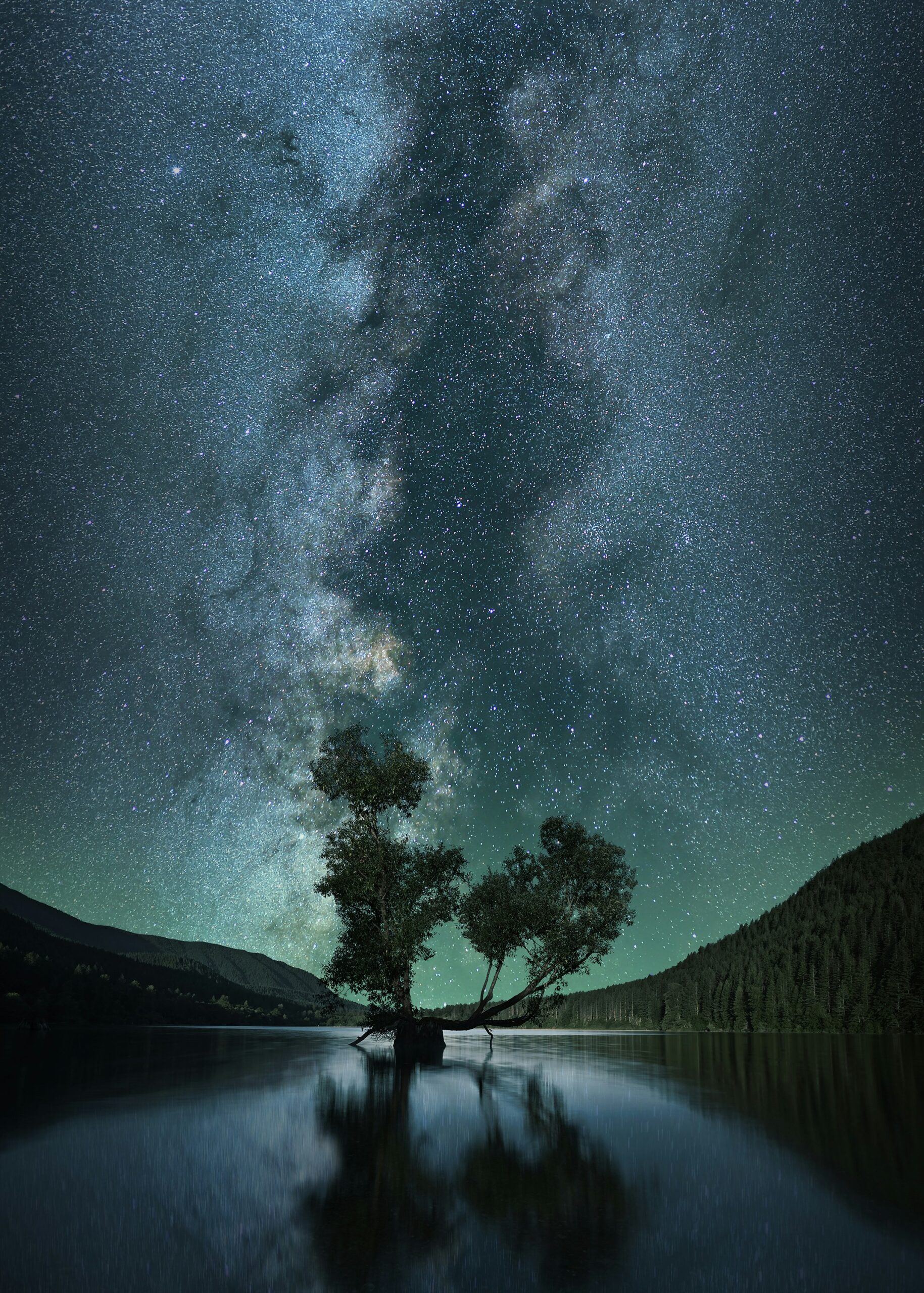Hopeful action
At a recent conference in the United States, keynote speaker, author and Professor of philosophy Kathleen Dean Moore, invited the audience to “give up hope” for the environment. At one end of the hope extreme, she said, is “hopelessness”: The problems are simply too big and too complex; nothing we do will matter. At the other end of the spectrum is “uninformed hope”: Everything will turn out all right; we don’t need to do anything.
Rather than hope, she argued, we need “moral integrity.” We must recognize that the roots of the ecological crises we face lie in our choices.
I agree with Moore that we do, in fact, need moral integrity. Indeed, we need the highest form of moral integrity; we need biblical integrity. I also agree that neither hopelessness nor uninformed hope is of any value. I stop short, however, of discarding hope. No need to toss the baby out with the bathwater.
As a pastor of mine once taught, we must define our terms. And so I clarify that by “hope”, I mean the confidence which Christians place in Jesus Christ, in whom, the Bible says, all things were created, in whom all things hold together, and through whom all things are reconciled to God. Christ’s already-but-not-yet Kingdom brings ‘shalom’ to the created order: human and non-human alike. Though the battle rages on—species die off, the climate changes and people suffer—the war is over. Victory is assured.
Therefore, Christians can have hope.
That hope, however, is far different from the all-is-well-sit-back-and-relax hope that Moore rightly cautions against. This hope leads to action. The exact nature of the action, of course, varies according to context.
Within the international family of A Rocha projects, the action ranges from restoring marshes and bird habitats to teaching children about creation and Creator, from growing vegetables for those in need to helping others in need create jobs, and more.
Individual and family action will likely involve what pastor and author Tri Robinson calls ‘decreasing the footprint and increasing the handprint.’ Examples of a smaller footprint include reduced use of fossil fuels, reduced consumption of foods from far away and reduced consumption in general. (These examples are, admittedly, from an American lifestyle that consumes far more than our fair share of the earth’s resources.) On the handprint side of the equation are such things as replacing invasive species with native plants to improve habitat, using earth-friendly farming techniques, and working to clean and protect water bodies.
For churches, the action might start with preaching and teaching about God’s very good creation—both human and nonhuman alike—and the command to care for it. From there, the action might spread to include greening the facilities by using less water and recycling. And for churches who are looking for still more action, hope might lead to partnering with other organizations in the community to clean a local stream, remove invasive plant species or even adopt the local watershed.
These, of course, are just a few of the myriad possibilities for hope-inspired action Christians can take to care for God’s wondrous yet beleaguered creation. Whatever the exact actions, however, it is vital to remember from whence our hope and therefore our strength come. The work can be hard. The results may be small or even invisible. We are called only to be faithful. God is in charge of the results. And that is reason to hope and to act.
We are happy for our blogs to be used by third parties on condition that the author is cited and A Rocha International, arocha.org, is credited as the original source. We would be grateful if you could let us know if you have used our material, by emailing [email protected].





I agree; there is a Bruce Cockburn song with the lyrics “Got to kick at the darkness till it bleeds daylight” I’ve taken this to mean that we should never give up. At a Transition Edinburgh stall we were talking to someone about peak oil and climate change. Their view was well we are “stuffed” (polite way of putting it) so I might as well fly off and enjoy myself in the meanwhile.
It’s all too easy, I find, to feel hopeless faced with the daily reminders of the mountainous issues the world faces. I certainly need regular reminders about where true hope is to be found and why it’s worth keeping going with the work! Thank you for the helpful post.
Thanks, John. We all need regular reminders about hope!
-tom
Good theology by Cockburn!
-tom
Whenever I feel overwhelmed I hold onto the passage in Genesis 9: 9-17, where God makes a covenant not only with rescued humanity – Noah and his sons – but with ‘every living creature’ and indeed with the earth itself (verse 13: ‘a covenant between me and the earth’). This is God’s unilateral unconditional covenant with all of creation: his promise to restrain destruction. Verse 16: ‘the everlasting covenant between God and every living creature of all flesh that is upon the earth’. In the old King James Translation, the word ‘covenant’ occurs in this passage no less than seven times, repeated like the ringing of a great bell; and this is, I think, the first time in Genesis that the word ‘covenant’ is used.
Another spiritual exercise that keeps me from giving way to despair – and from ‘tuning out’ – is to read and recite the Song of the Three Young Men (look it up); and when I come to certain clauses – for example, ‘praise ye the Lord, all ye green things upon the earth’ – I *add in some things that are specific to my district or country* (for example: here is what *I* add: ‘praise ye the Lord, river red gum and huon pine, red cedar and silky oak; praise ye the Lord, jarrah and karri, bunya and hoop pine; praise ye the Lord, Congo and Amazonia, Papua and Borneo; Urals and taiga, Black Forest and Bialowiecsza, forests of India, cedar of Lebanon (and now for the part that takes a determined act of faith) “praise His name and magnify Him…for ever”.) And likewise, when I come to ‘bless the Lord, you seas and rivers’, I add the names of creeks and rivers in my own district and country; at ‘bless the Lord, wild beasts and tame’ I add, for example, ‘Praise ye the Lord, elephants and lions, gorilla and orang utan, panda and snow leopard..Praise His name, and magnify Him…for ever” (which is a very hard command to give, or invitation to utter, it takes a pretty major act of faith to say the words, you feel almost silly doing it, when you know just how endangered these creatures are).
And here is something strange. When I wrote my personal ‘additions’ I included among them, about five years ago, the severely endangered mountain pygmy possum. Only a year or so ago, scientists were astonished to discover that there were more of them than they had thought; they found a whole new community, flourishing in a field of boulders quite a ways outside of where they were usually thought to reside.
This isn’t to exclude action. But for most of us whatever we can actually do is so much smaller than the crying need that we see; then prayer – and blessing/ praise like the Song of the Three Young Men – can embrace the entire horizon.